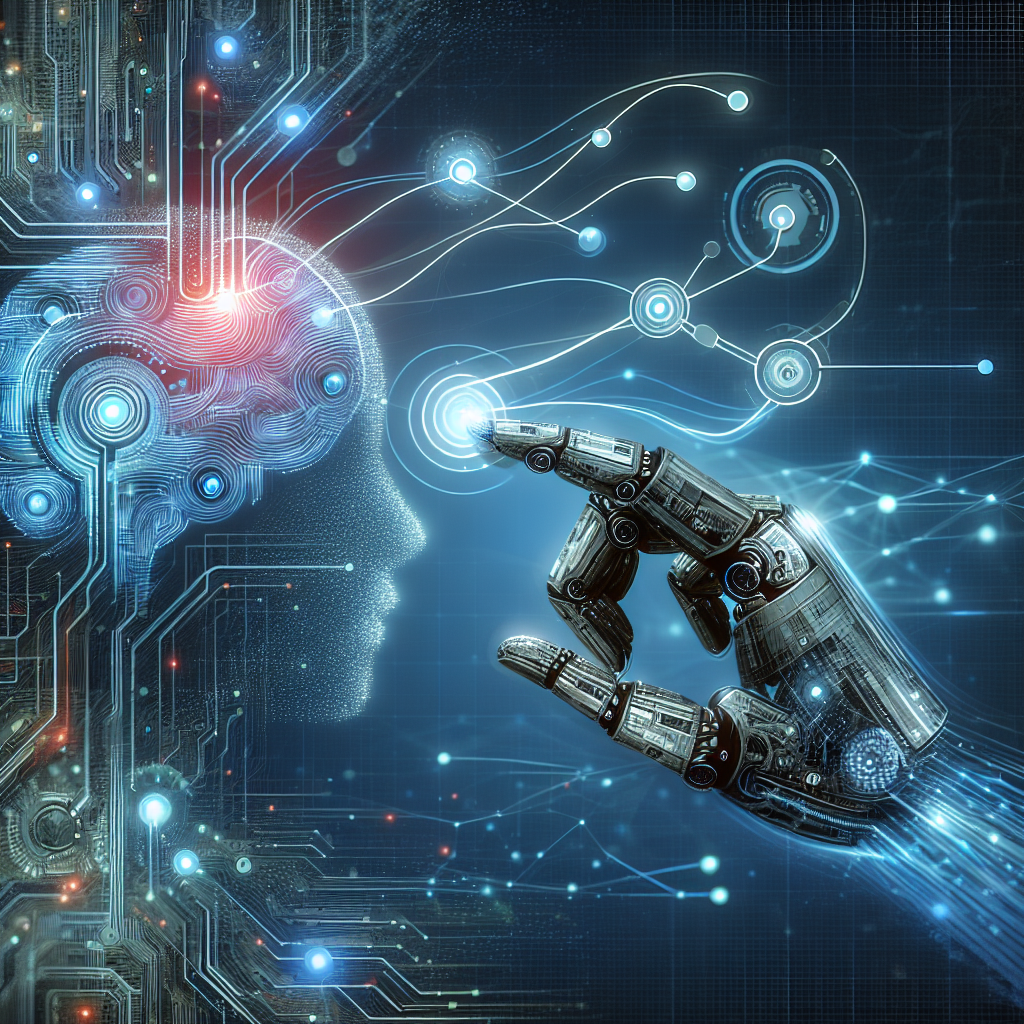In today’s rapidly evolving digital landscape, businesses are constantly seeking ways to stay ahead of the curve and remain competitive. One strategy that many companies are turning to is AI outsourcing. By leveraging the power of artificial intelligence (AI) technologies, organizations can streamline their operations, improve efficiency, and drive innovation.
AI outsourcing involves partnering with third-party vendors who specialize in AI technologies to help businesses achieve their digital transformation goals. These vendors have the expertise and resources to develop and implement AI solutions that can revolutionize the way organizations operate, making them more agile, responsive, and effective.
Key Technologies for Digital Transformation
There are several key technologies that are at the forefront of AI outsourcing for digital transformation. These technologies are revolutionizing the way businesses operate, enabling them to automate processes, analyze data at scale, and make more informed decisions. Some of the key technologies include:
1. Machine Learning: Machine learning is a subset of AI that enables computers to learn and improve from experience without being explicitly programmed. This technology is used in a wide range of applications, from predictive analytics to natural language processing. Machine learning algorithms can analyze large datasets to identify patterns, make predictions, and automate tasks.
2. Natural Language Processing (NLP): NLP is a branch of AI that enables computers to understand, interpret, and generate human language. This technology is used in chatbots, virtual assistants, and sentiment analysis tools to automate customer interactions and extract insights from unstructured data.
3. Computer Vision: Computer vision is a field of AI that enables computers to interpret and analyze visual information from the real world. This technology is used in facial recognition systems, object detection algorithms, and autonomous vehicles to enable machines to see and understand their surroundings.
4. Robotic Process Automation (RPA): RPA is a technology that uses software robots to automate repetitive tasks and business processes. This technology can streamline workflows, reduce errors, and free up human employees to focus on more strategic tasks.
5. Predictive Analytics: Predictive analytics uses statistical algorithms and machine learning techniques to analyze historical data and make predictions about future events. This technology is used in a wide range of applications, from forecasting sales trends to optimizing supply chain operations.
FAQs
1. What are the benefits of AI outsourcing for digital transformation?
AI outsourcing offers several benefits for businesses looking to drive digital transformation, including access to specialized expertise, cost savings, faster time to market, and scalability. By partnering with AI vendors, organizations can leverage cutting-edge technologies without the need to invest in expensive infrastructure or hire additional staff. This allows businesses to focus on their core competencies while benefiting from the latest AI innovations.
2. How can businesses ensure the security and privacy of their data when outsourcing AI?
When outsourcing AI, it is essential for businesses to carefully vet potential vendors and ensure that they have robust security measures in place to protect sensitive data. This includes encryption, access controls, regular security audits, and compliance with industry regulations such as GDPR. Businesses should also have clear data protection policies in place and establish legal agreements that outline data ownership, usage rights, and confidentiality requirements.
3. How can businesses measure the ROI of AI outsourcing initiatives?
Measuring the ROI of AI outsourcing initiatives can be challenging, as the benefits of AI technologies are often intangible and difficult to quantify. However, businesses can track key performance indicators (KPIs) such as cost savings, productivity gains, revenue growth, and customer satisfaction to evaluate the impact of AI outsourcing on their bottom line. It is also important to establish clear objectives and success criteria upfront to ensure that AI initiatives are aligned with business goals.
4. What are some common challenges of AI outsourcing for digital transformation?
Some common challenges of AI outsourcing for digital transformation include data quality issues, integration complexities, cultural resistance, and talent shortages. Businesses may struggle to clean and prepare data for AI algorithms, integrate AI solutions with existing systems, overcome organizational resistance to change, and find skilled professionals with AI expertise. Overcoming these challenges requires a strategic approach, strong leadership, and collaboration between business and technology teams.
In conclusion, AI outsourcing is a powerful strategy for businesses looking to drive digital transformation and stay ahead of the competition. By partnering with AI vendors who specialize in key technologies such as machine learning, natural language processing, computer vision, robotic process automation, and predictive analytics, organizations can unlock new opportunities for innovation, efficiency, and growth. With the right approach, businesses can harness the power of AI to transform their operations, optimize their processes, and deliver exceptional value to customers.

